Scientists are really smart! I feel so fortunate because I have had the opportunity to work alongside and speak with some of the most intelligent hard working innovators throughout my time as an extension agent, specialist and now professor of science communication. Amazing things come from scientific innovation and bright minded scientists with a passion for ensuring a viable food system have changed the world. The global agricultural milestones we have reached and surpassed over the past 50+ years would not have happened without scientific advancement.
Farmers are really smart! Those living off and working the land every day have obtained an unbelievable amount of knowledge over generations. I have had the opportunity to work alongside and speak with some of the most intelligent, hard working innovators of our time out in the fields – both in the U.S. and abroad. The amount of information they have obtained through stories passed down from generation to generation is more than you can imagine. Much of it is held in the farmers’ minds, never recorded or attributed to a specific individual but rather people working together to ensure they can feed their families and sustain the land they work. They may not know why certain practices work, but they do know they do and stand behind them.
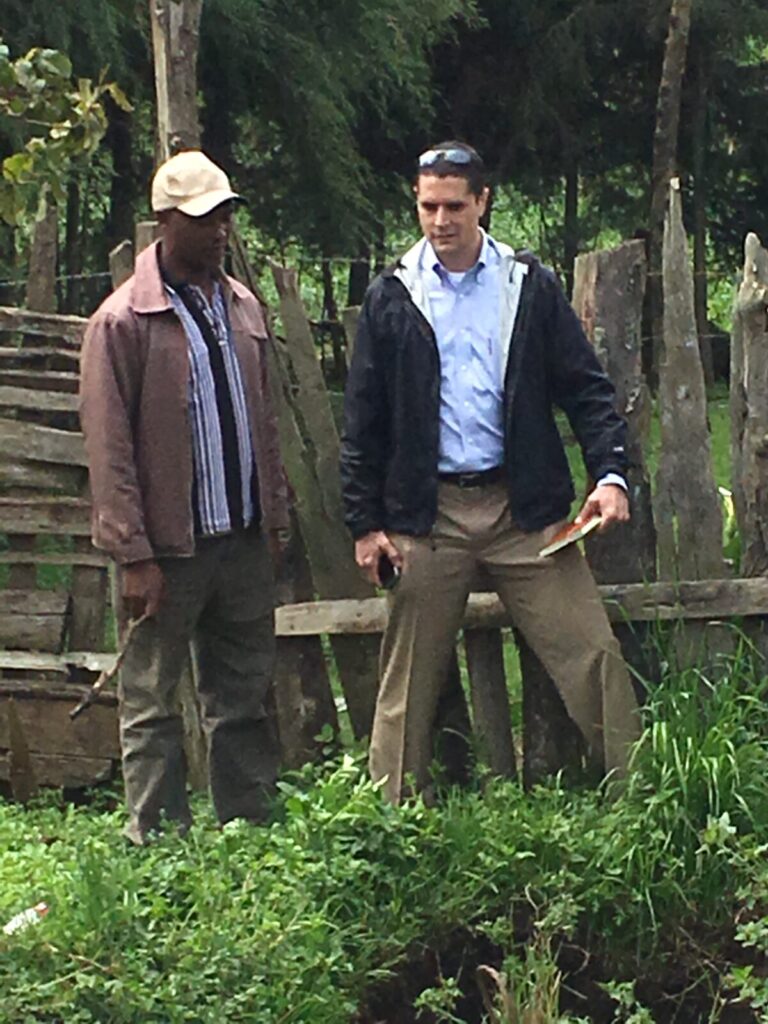
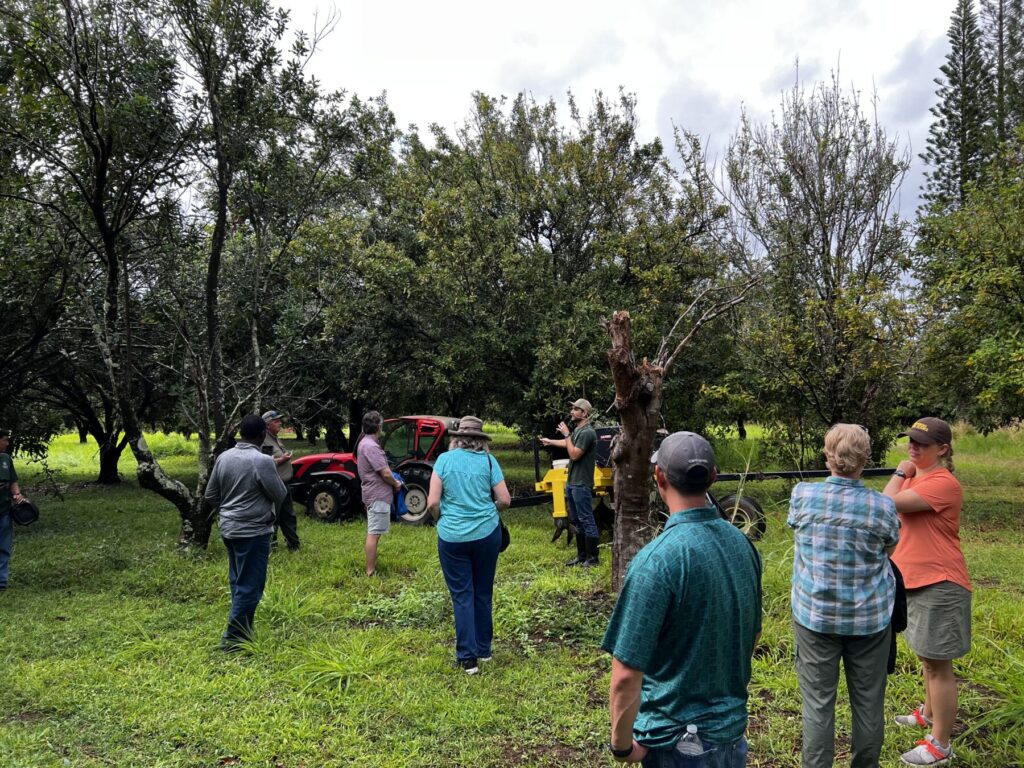
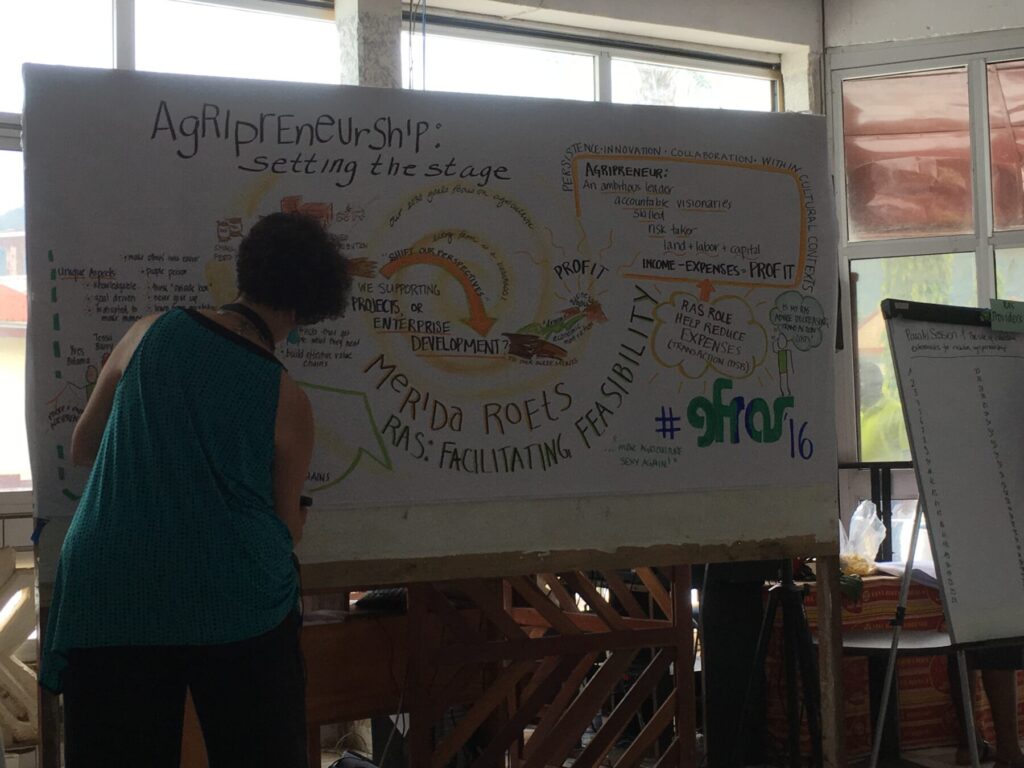
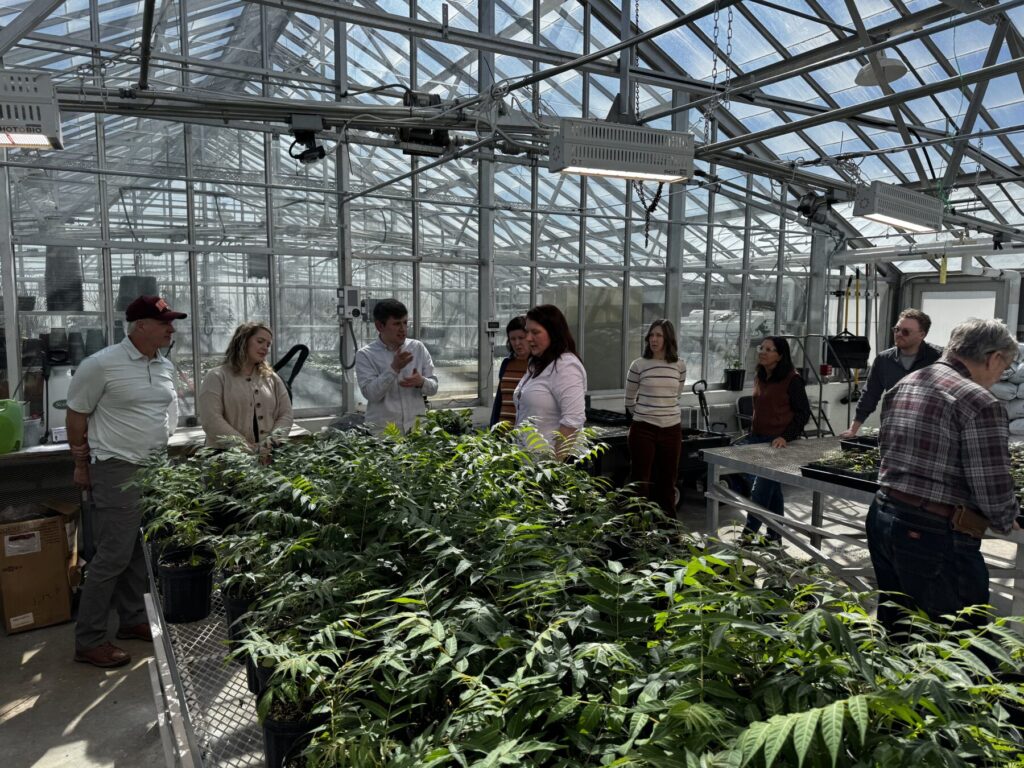
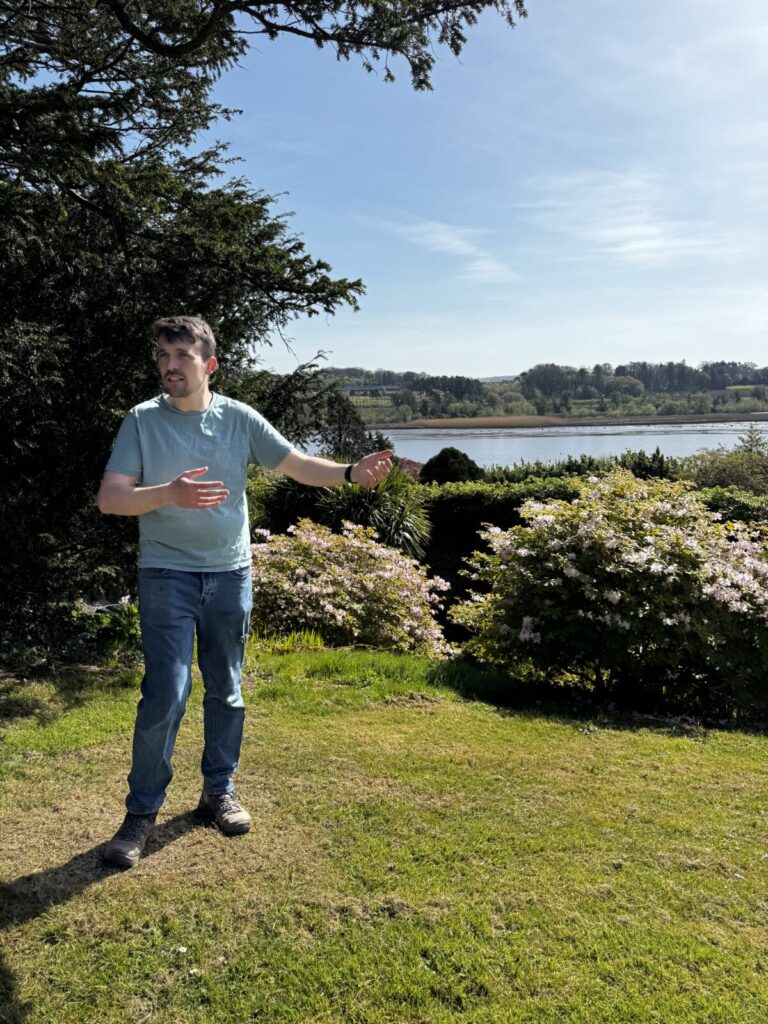
Just imagine if we were able to successfully work together, recognizing that both indigenous and scientific knowledge has its place and they can be complimentary rather than competitive or misunderstood. A recent systematic review the Lamm Lab collaborated on with amazing researchers at the University of Johannesburg, led by Dr. EJ Ijatuyi, explored how integrating scientific and indigenous knowledge can hold great promise for addressing global challenges. While there are many obstacles (like power disparities and differing epistemologies) to overcome, effective integration can lead to comprehensive and lasting solutions that promote equitable collaborations, protect intellectual property, and create culturally appropriate frameworks. Most importantly, the scientific community needs to fully embrace indigenous populations as equal partners to ensure innovations are both scientifically and culturally valid. You can check out the entire article in the journal Environmental Science and Policy here.